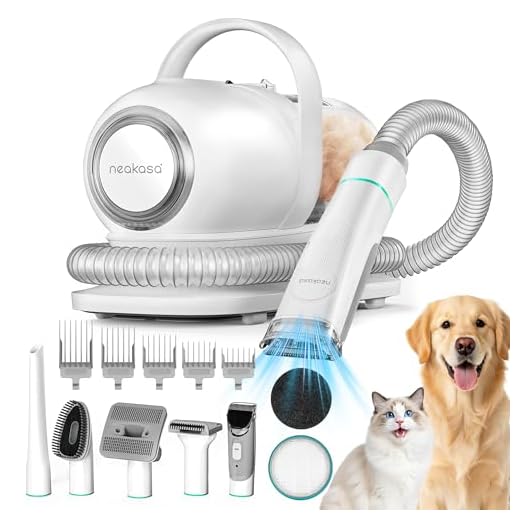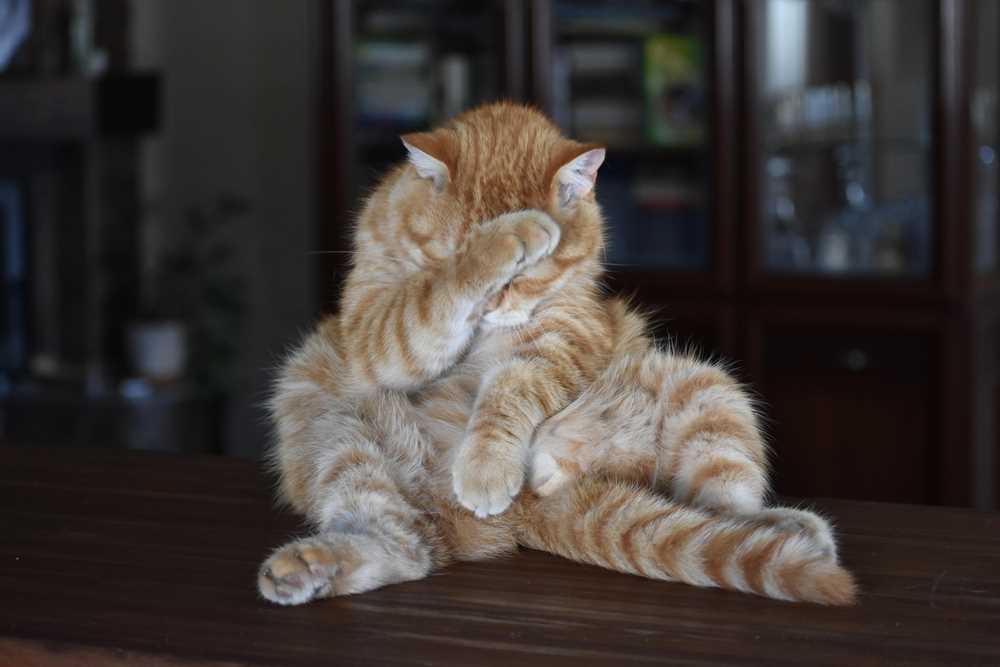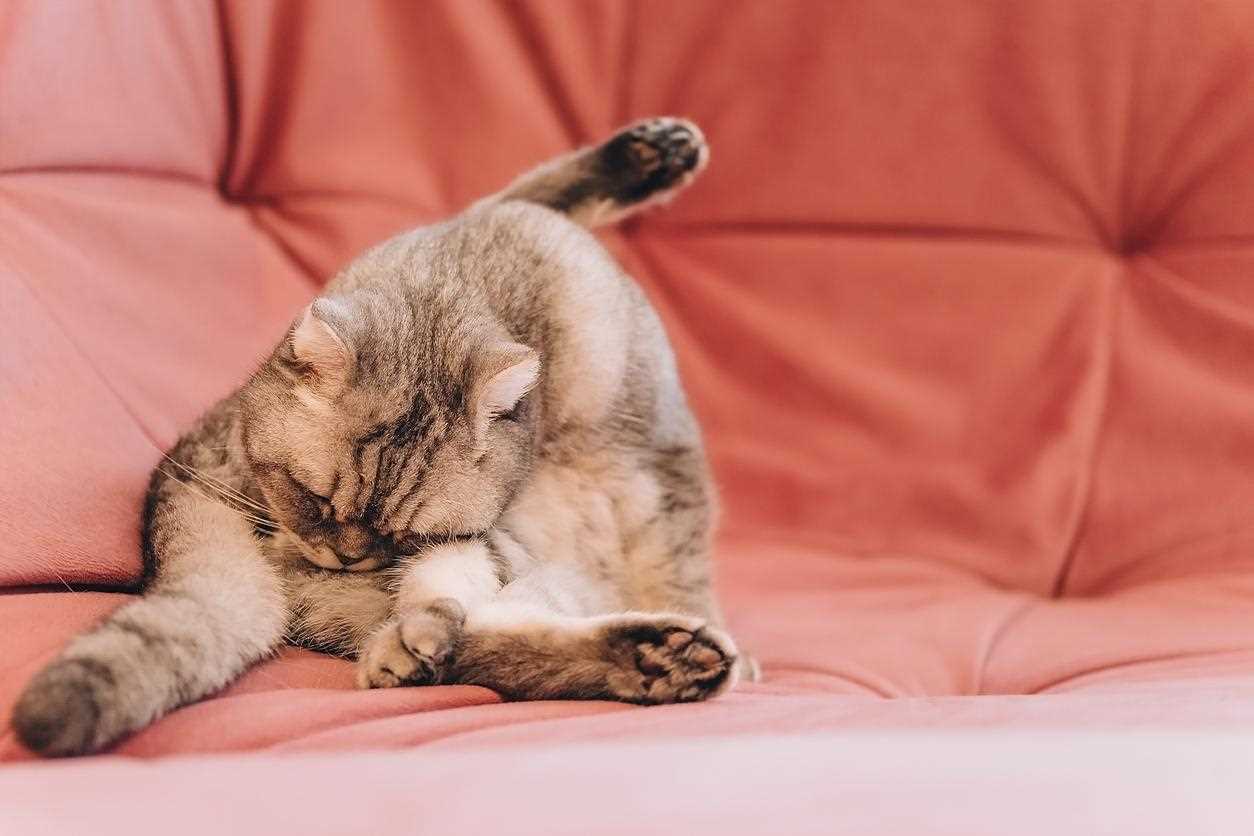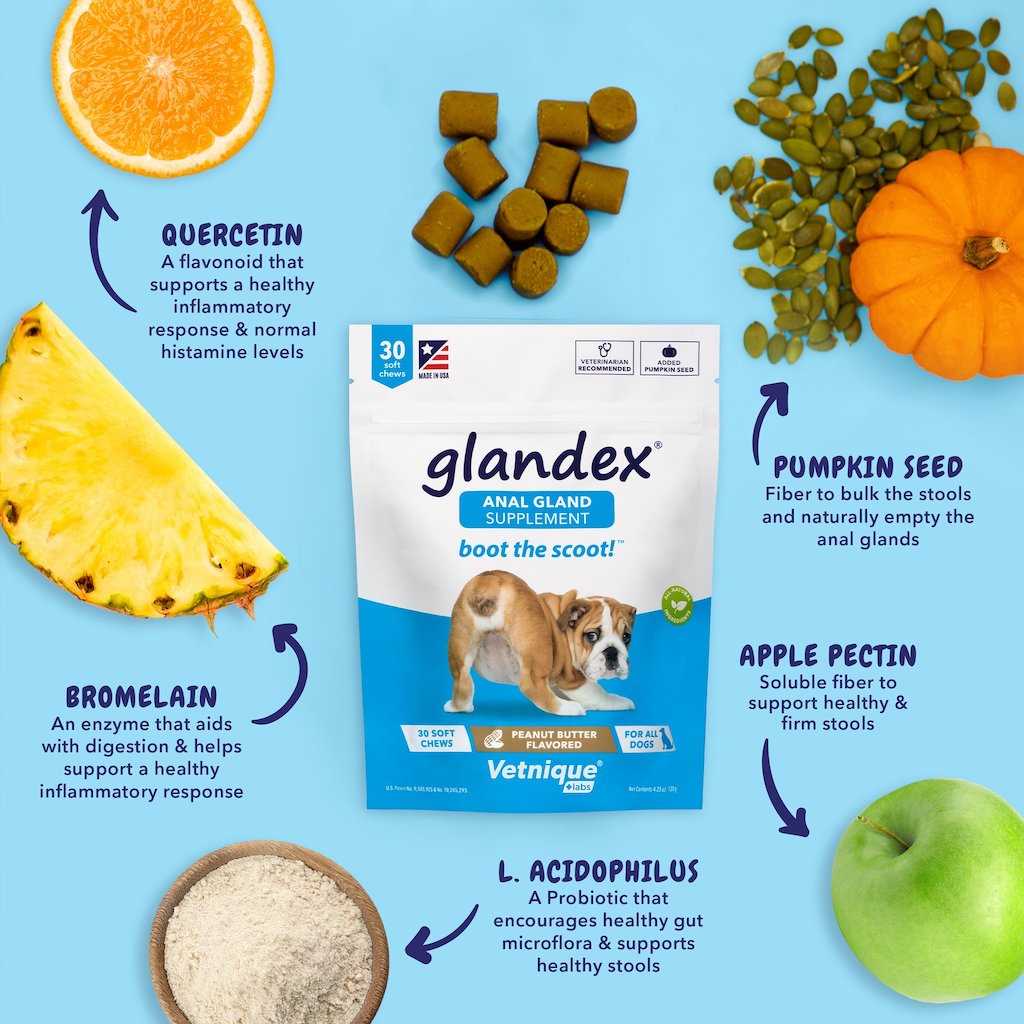



When I find myself scooting along the carpet, it’s not just a quirky habit; it often signals a need for attention to my hygiene. Regularly checking for any signs of irritation or discomfort in the rear area is essential. If you notice me doing this frequently, it may indicate that I need a little help with grooming or that something might be bothering me.
Another factor to consider is the possibility of parasites. Little invaders like worms or fleas can cause itching and discomfort, prompting me to engage in this behavior. A quick visit to the vet for a check-up can ensure that I’m free from these nuisances and help keep me healthy.
Lastly, stress or anxiety can play a role. Changes in my environment or routine might make me feel unsettled, leading to unusual behaviors. Providing a calm space and ensuring that I have my favorite toys or places to relax can help me feel secure. Remember, understanding my actions helps strengthen our bond!
Understanding Floor Behavior

Sliding across surfaces can result from various reasons. For starters, the presence of anal glands, which may require attention, often leads to this behavior. If these glands are full or impacted, it can create discomfort, prompting a need for relief. Regular vet check-ups can help manage this issue effectively.
Another factor might be parasites. Unwanted guests like fleas can cause itching and irritation, making it necessary to seek out an alternative method for relief. I recommend checking out the best non prescription flea medicine for cats to keep those pesky critters at bay.
Signs to Watch
If sliding occurs frequently, it might signal an underlying health concern. Observing other symptoms, such as excessive grooming or discomfort, could indicate a need for professional evaluation. Maintaining a close eye on overall health can prevent potential issues down the line.
Grooming Habits

Regular grooming plays a significant role in comfort. Ensuring a clean and well-groomed coat can minimize irritation. A good brushing session can help maintain hygiene and reduce the likelihood of unwanted behaviors. Don’t underestimate the importance of a clean behind!
Identifying Health Issues Behind This Behavior

If you notice unusual actions like scooting, it’s crucial to check for potential health problems. Here are some common issues to consider:
- Anal Gland Problems: Blocked or infected glands can cause discomfort, leading to this behavior. Signs include a foul smell or excessive licking of the area.
- Parasites: Intestinal worms or other parasites can irritate the anal region. Look for symptoms like weight loss, changes in appetite, or visible worms in feces.
- Skin Irritation: Allergies or infections can lead to itching and discomfort. Check for redness, swelling, or unusual hair loss around the area.
- Digestive Issues: Diarrhea or constipation can also lead to scooting. Monitor bowel habits and consider dietary changes if needed.
- Injury: Pain or injury in the pelvic area can cause this behavior. Watch for signs of limping or avoidance of certain movements.
What to Do

Consult a veterinarian if this behavior persists. They can perform necessary tests and provide treatment options. Keep an eye on any additional symptoms, as they can provide valuable information for diagnosis.
Regular check-ups and proper hygiene can prevent many of these issues. Maintaining a healthy diet and keeping the litter box clean are also important to avoid discomfort.
Understanding Normal Grooming and Behavioral Habits
Regular self-cleaning is a key aspect of my routine. I spend a significant amount of my day grooming myself. This behavior serves multiple purposes, including maintaining hygiene and regulating body temperature. My tongue, with its unique texture, helps remove dirt and loose fur efficiently.
In addition to cleanliness, I exhibit certain behaviors that may seem odd but are perfectly natural. For instance, I often scratch surfaces or stretch my body. These actions help me keep my claws sharp and my muscles toned. It’s essential for maintaining my agility and overall well-being.
Sometimes, I may engage in behaviors that seem puzzling to humans. For example, I might rub against furniture or roll on the ground. This is a way for me to mark my territory and spread my scent, which is crucial for communication with others of my kind.
When it comes to health maintenance, regular visits to the veterinarian are necessary. This ensures that any underlying issues are addressed promptly. For those who need to give medications, like insulin, there are resources available, such as how to give a cat a shot of insulin. Staying informed about my health helps both of us enjoy our time together.
When I find myself scooting along the carpet, it’s not just a quirky habit; it often signals a need for attention to my hygiene. Regularly checking for any signs of irritation or discomfort in the rear area is essential. If you notice me doing this frequently, it may indicate that I need a little help with grooming or that something might be bothering me.
Another factor to consider is the possibility of parasites. Little invaders like worms or fleas can cause itching and discomfort, prompting me to engage in this behavior. A quick visit to the vet for a check-up can ensure that I’m free from these nuisances and help keep me healthy.
Lastly, stress or anxiety can play a role. Changes in my environment or routine might make me feel unsettled, leading to unusual behaviors. Providing a calm space and ensuring that I have my favorite toys or places to relax can help me feel secure. Remember, understanding my actions helps strengthen our bond!
Understanding Floor Behavior

Sliding across surfaces can result from various reasons. For starters, the presence of anal glands, which may require attention, often leads to this behavior. If these glands are full or impacted, it can create discomfort, prompting a need for relief. Regular vet check-ups can help manage this issue effectively.
Another factor might be parasites. Unwanted guests like fleas can cause itching and irritation, making it necessary to seek out an alternative method for relief. I recommend checking out the best non prescription flea medicine for cats to keep those pesky critters at bay.
Signs to Watch
If sliding occurs frequently, it might signal an underlying health concern. Observing other symptoms, such as excessive grooming or discomfort, could indicate a need for professional evaluation. Maintaining a close eye on overall health can prevent potential issues down the line.
Grooming Habits

Regular grooming plays a significant role in comfort. Ensuring a clean and well-groomed coat can minimize irritation. A good brushing session can help maintain hygiene and reduce the likelihood of unwanted behaviors. Don’t underestimate the importance of a clean behind!
Identifying Health Issues Behind This Behavior

If you notice unusual actions like scooting, it’s crucial to check for potential health problems. Here are some common issues to consider:
- Anal Gland Problems: Blocked or infected glands can cause discomfort, leading to this behavior. Signs include a foul smell or excessive licking of the area.
- Parasites: Intestinal worms or other parasites can irritate the anal region. Look for symptoms like weight loss, changes in appetite, or visible worms in feces.
- Skin Irritation: Allergies or infections can lead to itching and discomfort. Check for redness, swelling, or unusual hair loss around the area.
- Digestive Issues: Diarrhea or constipation can also lead to scooting. Monitor bowel habits and consider dietary changes if needed.
- Injury: Pain or injury in the pelvic area can cause this behavior. Watch for signs of limping or avoidance of certain movements.
What to Do

Consult a veterinarian if this behavior persists. They can perform necessary tests and provide treatment options. Keep an eye on any additional symptoms, as they can provide valuable information for diagnosis.
Regular check-ups and proper hygiene can prevent many of these issues. Maintaining a healthy diet and keeping the litter box clean are also important to avoid discomfort.
Understanding Normal Grooming and Behavioral Habits
Regular self-cleaning is a key aspect of my routine. I spend a significant amount of my day grooming myself. This behavior serves multiple purposes, including maintaining hygiene and regulating body temperature. My tongue, with its unique texture, helps remove dirt and loose fur efficiently.
In addition to cleanliness, I exhibit certain behaviors that may seem odd but are perfectly natural. For instance, I often scratch surfaces or stretch my body. These actions help me keep my claws sharp and my muscles toned. It’s essential for maintaining my agility and overall well-being.
Sometimes, I may engage in behaviors that seem puzzling to humans. For example, I might rub against furniture or roll on the ground. This is a way for me to mark my territory and spread my scent, which is crucial for communication with others of my kind.
When it comes to health maintenance, regular visits to the veterinarian are necessary. This ensures that any underlying issues are addressed promptly. For those who need to give medications, like insulin, there are resources available, such as how to give a cat a shot of insulin. Staying informed about my health helps both of us enjoy our time together.
When I find myself scooting along the carpet, it’s not just a quirky habit; it often signals a need for attention to my hygiene. Regularly checking for any signs of irritation or discomfort in the rear area is essential. If you notice me doing this frequently, it may indicate that I need a little help with grooming or that something might be bothering me.
Another factor to consider is the possibility of parasites. Little invaders like worms or fleas can cause itching and discomfort, prompting me to engage in this behavior. A quick visit to the vet for a check-up can ensure that I’m free from these nuisances and help keep me healthy.
Lastly, stress or anxiety can play a role. Changes in my environment or routine might make me feel unsettled, leading to unusual behaviors. Providing a calm space and ensuring that I have my favorite toys or places to relax can help me feel secure. Remember, understanding my actions helps strengthen our bond!
Understanding Floor Behavior

Sliding across surfaces can result from various reasons. For starters, the presence of anal glands, which may require attention, often leads to this behavior. If these glands are full or impacted, it can create discomfort, prompting a need for relief. Regular vet check-ups can help manage this issue effectively.
Another factor might be parasites. Unwanted guests like fleas can cause itching and irritation, making it necessary to seek out an alternative method for relief. I recommend checking out the best non prescription flea medicine for cats to keep those pesky critters at bay.
Signs to Watch
If sliding occurs frequently, it might signal an underlying health concern. Observing other symptoms, such as excessive grooming or discomfort, could indicate a need for professional evaluation. Maintaining a close eye on overall health can prevent potential issues down the line.
Grooming Habits

Regular grooming plays a significant role in comfort. Ensuring a clean and well-groomed coat can minimize irritation. A good brushing session can help maintain hygiene and reduce the likelihood of unwanted behaviors. Don’t underestimate the importance of a clean behind!
Identifying Health Issues Behind This Behavior

If you notice unusual actions like scooting, it’s crucial to check for potential health problems. Here are some common issues to consider:
- Anal Gland Problems: Blocked or infected glands can cause discomfort, leading to this behavior. Signs include a foul smell or excessive licking of the area.
- Parasites: Intestinal worms or other parasites can irritate the anal region. Look for symptoms like weight loss, changes in appetite, or visible worms in feces.
- Skin Irritation: Allergies or infections can lead to itching and discomfort. Check for redness, swelling, or unusual hair loss around the area.
- Digestive Issues: Diarrhea or constipation can also lead to scooting. Monitor bowel habits and consider dietary changes if needed.
- Injury: Pain or injury in the pelvic area can cause this behavior. Watch for signs of limping or avoidance of certain movements.
What to Do

Consult a veterinarian if this behavior persists. They can perform necessary tests and provide treatment options. Keep an eye on any additional symptoms, as they can provide valuable information for diagnosis.
Regular check-ups and proper hygiene can prevent many of these issues. Maintaining a healthy diet and keeping the litter box clean are also important to avoid discomfort.
Understanding Normal Grooming and Behavioral Habits
Regular self-cleaning is a key aspect of my routine. I spend a significant amount of my day grooming myself. This behavior serves multiple purposes, including maintaining hygiene and regulating body temperature. My tongue, with its unique texture, helps remove dirt and loose fur efficiently.
In addition to cleanliness, I exhibit certain behaviors that may seem odd but are perfectly natural. For instance, I often scratch surfaces or stretch my body. These actions help me keep my claws sharp and my muscles toned. It’s essential for maintaining my agility and overall well-being.
Sometimes, I may engage in behaviors that seem puzzling to humans. For example, I might rub against furniture or roll on the ground. This is a way for me to mark my territory and spread my scent, which is crucial for communication with others of my kind.
When it comes to health maintenance, regular visits to the veterinarian are necessary. This ensures that any underlying issues are addressed promptly. For those who need to give medications, like insulin, there are resources available, such as how to give a cat a shot of insulin. Staying informed about my health helps both of us enjoy our time together.










